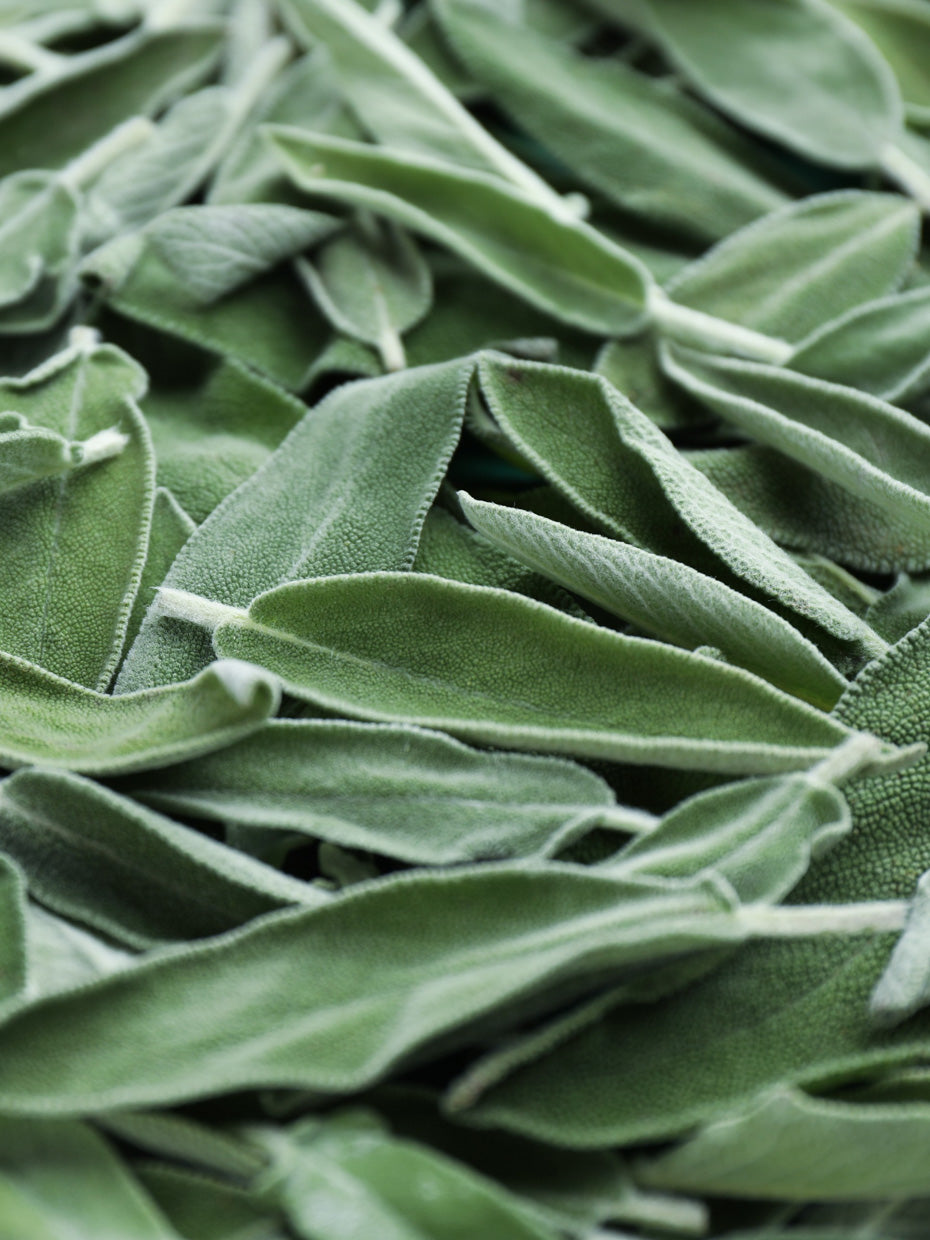
Greek sage
INCI: SALVIA TRILOBA LEAF EXTRACT
Sage (Salvia off.) has been a plant for thousands of years sought-after medicinal herb. The name of the shrub comes from the Latin "salvare", which means "to heal". Sage was probably used in ancient Egypt to treat stomach ailments, toothaches and asthma. In the Middle Ages, monks brought the plant over the Alps and grew it in their herb gardens - a monk from the Reichenau monastery in Lake Constance quotes the following: “The sage shines first, is lovely in smell, significant in power and useful as a drink; It is found to be helpful in most human illnesses and deserves to always enjoy a green youth."
Effect
" Sage in the garden - and death can wait" is the popular saying. This saying can be attributed to the diverse areas of application of this universal medicinal herb. Because of its anti-inflammatory properties, sage should not be missing, especially in our sports gel. A mix is mainly responsible for the anti-inflammatory effect Carnosolic acid, camphor and thujone. There is also a very high content of lamiaceen tannins, which narrow the pores and are good for the skin.
Studies
Boufadi, M. Y., Keddari,
S., Moulaihacene, F. & Chaa, S. (2020). Chemical Composition, Antioxidant and Anti-Inflammatory Properties of Salvia Officinalis Extract from Algeria. Pharmacognosy Journal
Baricevic, D., Sosa, S., della Loggia, R., Tubaro, A., Simonovska, B., Krasna, A. & Zupancic, A. (2001). Topical anti-inflammatory activity of Salvia officinalis L. leaves: the relevance of ursolic acid. Journal of Ethnopharmacology, 75(2–3), 125–132.
Jung, H. J., Song, Y. S., Lim, C. J. & Park, E. H. (2009). Anti-inflammatory, anti-angiogenic and anti-nociceptive activities of an ethanol extract of Salvia plebeia R. Brown. Journal of Ethnopharmacology, 126(2), 355–360.



